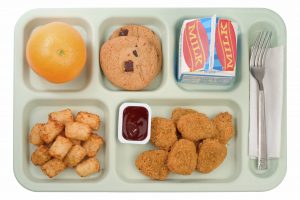By Isaiah Boyles
In an academically exceptional district, competition between students is inevitable. In fact, from freshman year until college admission, students at Irvington High School constantly compare themselves to one other, whether or not they admit it. This competition can be a tool to encourage students to strive for success, but it can also be stressful and toxic. Introducing class ranks to students at IHS would exacerbate those negative impacts.
Starting in the first year of middle school, students are immersed in an intimidating system of letter grades and GPAs. Whether it’s homework, tests, or participation, students become attached to these metrics and begin to view the numbers on their report cards as measures of their value. This is where the competition starts.
As high school begins, along with honors and AP classes, grades only grow in value. Parents put pressure on their children to meet high standards, and students compare their course rigor and GPA with peers to seek validation.
Currently, it’s easy enough to lie about or hide your GPA to spare yourself judgement, but introducing class ranks would make that impossible. Any and every insecurity students might have about their academics would be visible to the entire school community. Students would become fixated on their rank, as if a runner in a race, with the sole goal to surpass those in front of them.
Irvington High School would no longer be a place where students collaborate. Instead, it would become a battleground for toxic academic competition. Relationships between students would suffer, and so would mental health.
The current system pushes students to pay attention and work hard, with most students excelling well beyond the nation’s average. With students already reaching high levels of success inside the classroom, why add on the unnecessary stress and toxicity of class ranks?






Be First to Comment